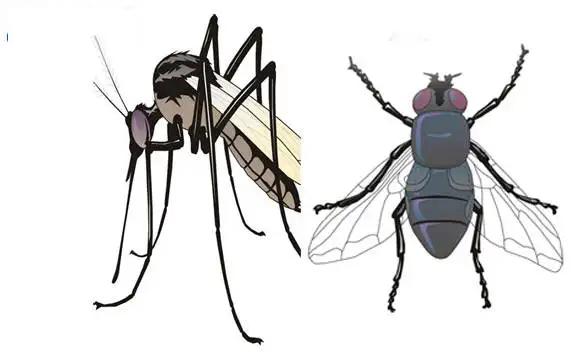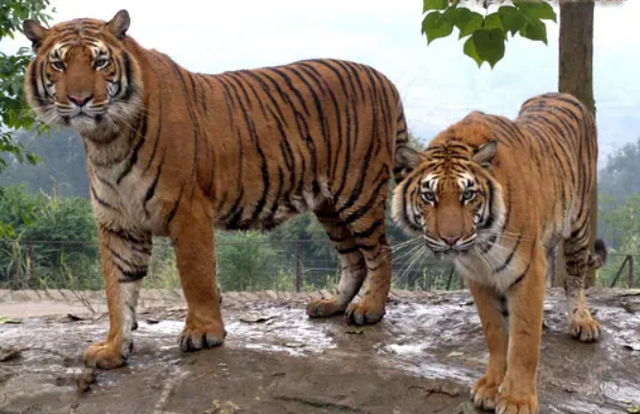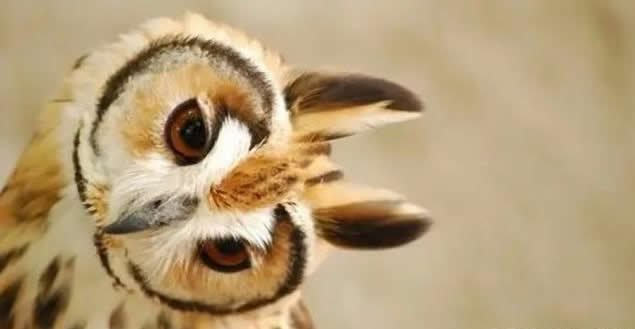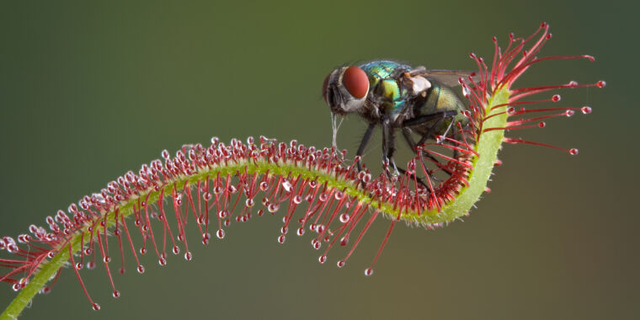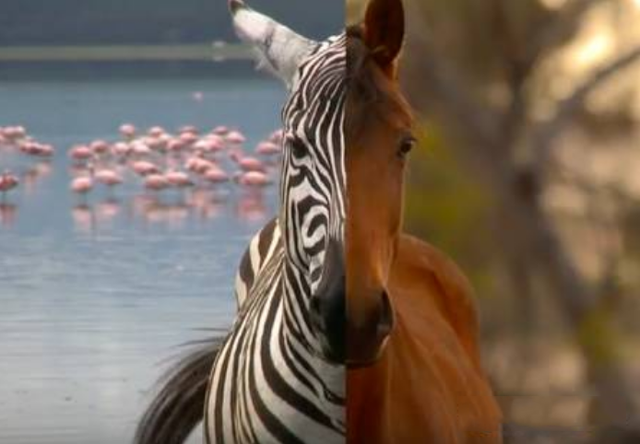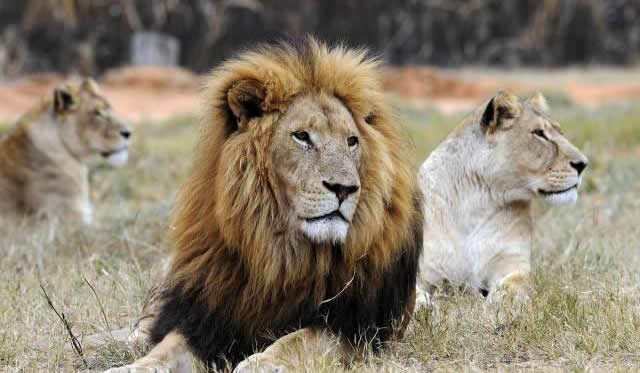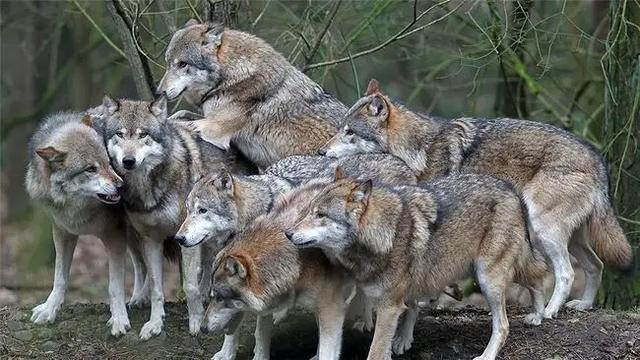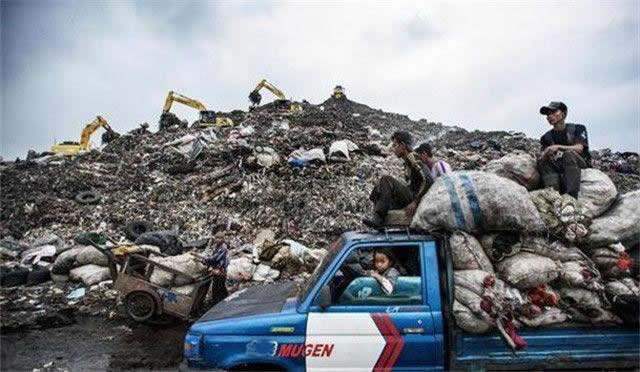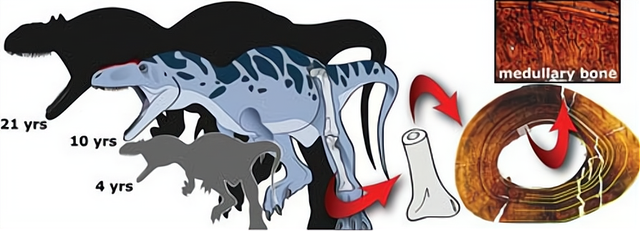It happens to be the season when mosquitoes and flies go wild, but it is true that there are not as many flies as there are mosquitoes today. This has a lot to do with our improved sanitation today, after all, flies need to lay their eggs on manure pits and rotting food, while many rural toilets have now been converted to squatting, and the shorter disposal cycle for waste has greatly reduced their hatching.
Autumn is less than a month away and after autumn flies and mosquitoes are present though, as they disappear once winter arrives. So the question is, with such huge numbers of flies and mosquitoes, where do they go in winter? Why do they proliferate in the summer?
As flies and mosquitoes are both insects, they are similar in many ways, so let's combine them together.
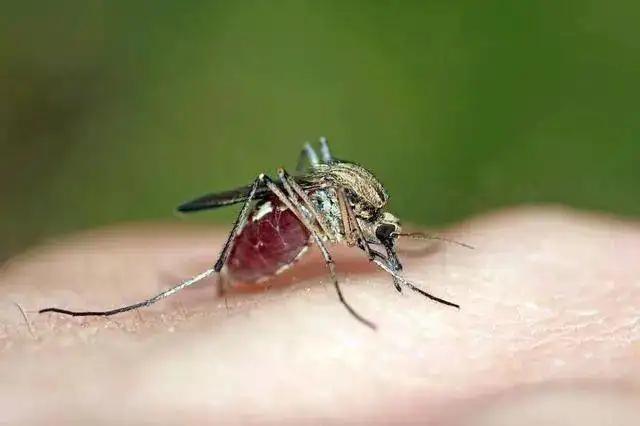
First, let's look at the tolerances of flies and mosquitoes
All insects are variable temperature animals and their inability to regulate their own body temperature leads to them having not just a heat tolerance limit but also a low temperature tolerance limit, and the low temperature tolerance limit is the main reason why we don't see them in winter.
Firstly, there are the flies. Summer is the wildest season for flies, because their favourite ambient temperature is between 30-35°c, and it is in this temperature range that they are most active, both in terms of feeding and breeding. However, the higher the temperature the better for flies. When the temperature is consistently above 35°c, the flies will stop their activity and find a cooler place to rest.
When the temperature exceeds 40°c, flies begin to die, and above 45°c, they will soon die.
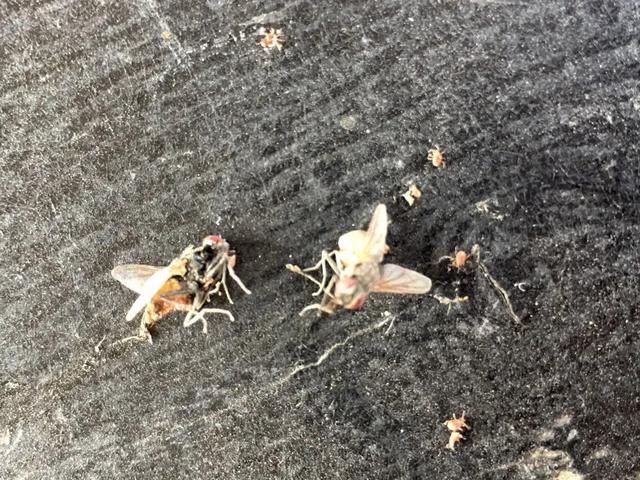
For flies, low temperatures are more deadly than high temperatures. Usually, at ambient temperatures below 15°c, flies can only fly slowly, below 10°c, they can only crawl on objects, when the ambient temperature is below 0°c, flies begin to show signs of mortality, and at temperatures below -5°c, a motionless fly will die in 3-5 days at most.
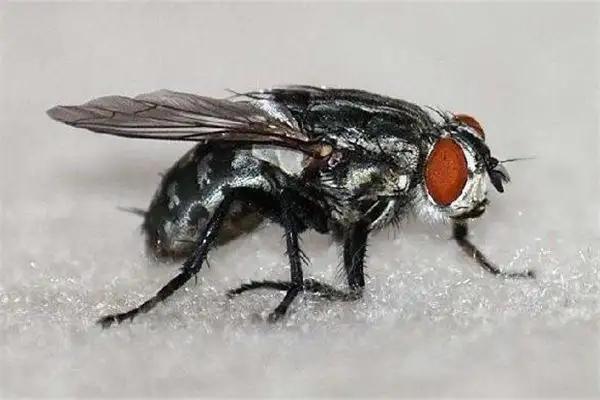
Secondly let's look at mosquitoes. The same animal, fat than thin to resist freezing, this is common sense, it is because of this, to spend the cold winter animals will paste autumn fat, which is actually a way to resist the cold, and mosquitoes are much smaller than flies, which makes it much worse than flies to tolerate the temperature.
Mosquitoes most like the temperature is between 25-30 ℃, which is when they are most active, but when the temperature continues to rise, the activity of the mosquito will become poor, more than 37 ℃ when the mosquito will appear to die, so the mosquito than the flies to tolerate high temperature ability is also poor.
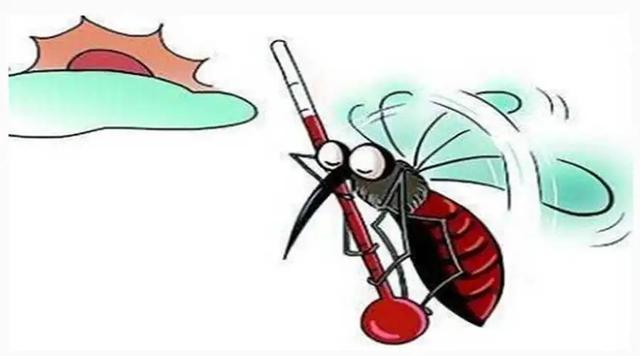
Similarly, when the temperature drops, mosquito activity is also affected, in general from the ambient temperature below 17 ℃, mosquitoes are less active, when the temperature continues to fall below 10 ℃, mosquitoes began to appear the phenomenon of death, the lower the temperature, the higher the mortality rate, below 0 ℃, mosquitoes will soon die.
Flies and mosquitoes once in the north, they are only dead unless they are in an indoor environment, so, in the northern region in winter, most of the mosquitoes and flies will freeze to death.
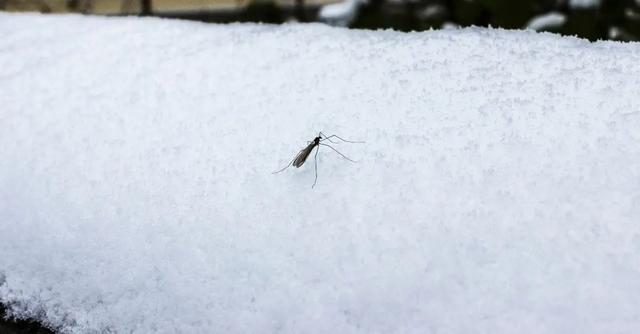
Secondly, let's look at the lifespan of mosquitoes and flies
Few insects live longer than a year, most insects only live for tens of days, or even a few days, such as mayflies are born and die. However, mosquitoes are not so weak, and generally the average male mosquito lives for around 10 days (post-adult), during which it has to find the opposite sex to complete its reproduction.
Female mosquitoes, on the other hand, live longer than males, usually between 40-55 days, thus showing the importance of blood-sucking (males do not suck blood). However, this lifespan is not fixed, as in cooler, but not lethal, temperatures, mosquitoes will stop feeding and then continue to survive in a hibernation-like state for up to 100 days.
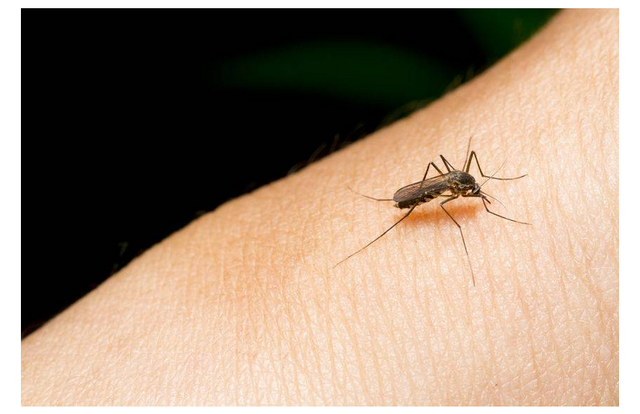
Flies, on the other hand, have a shorter lifespan than mosquitoes, with an average lifespan of only about 28 days and a maximum of just over a month, which means that in winter, even if a fly is given a relatively warm environment, its lifespan will not allow it to survive the whole winter unscathed, and persisting through the coming summer is even more unlikely.
If the temperatures and length of winter are not sufficient for mosquitoes and flies to survive, why do they explode so quickly the following summer?
What are the main forms in which mosquitoes and flies spend the winter?
Flies and mosquitoes are fully metamorphosed insects that go through the process of egg, larvae, pupae and adults, and as for the adults, as we have said above, they are not the producers of the coming year's army of flies and mosquitoes and can only be considered survivors.
However, the eggs are more resistant to cold than the adults because both flies and mosquitoes lay their eggs in water (dung pits count as water) and although the water will freeze over in winter, the temperature underwater is above 0°c, which does not kill the eggs, so one of the ways that flies and mosquitoes overwinter in temperate zones one of them is eggs.
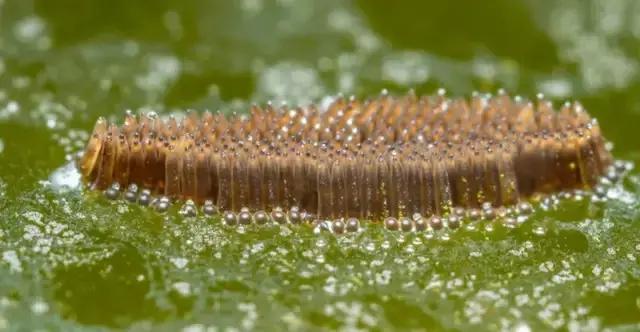
Mosquito eggs
As for the larvae obviously not, the larvae of flies are maggots, which needless to say are frozen and die off extensively when the temperature falls below 5°c, while the larvae of mosquitoes are tsetse, which also die when they fall below 0°c. Finally, the pupae are left, and the pupae are also their winter "Magic", mosquitoes and flies pupae have a strong resistance to cold, on the one hand, because they are in the water, on the other hand, at this time they not only have the pupae shell protection, pupae have a lot of nutrients (protein-based), can also play the role of cold, so the pupae winter to the survival rate of nymphs overwintering is higher than that of eggs overwintering.
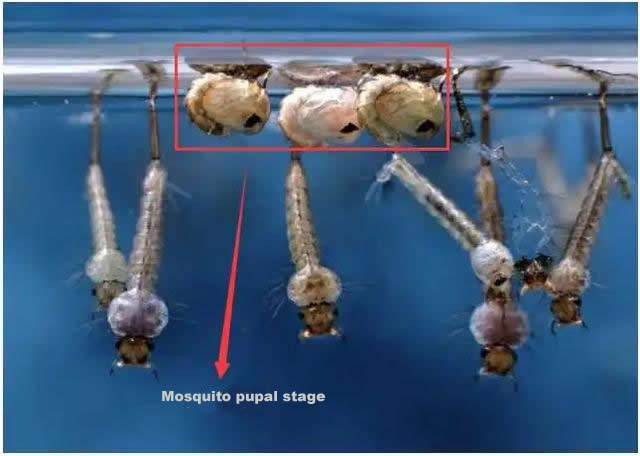
If mosquitoes and flies live in the tropics, they can be active all year round, but if they live in temperate zones, winter is their death knell, once rang, most of the flies and mosquitoes will freeze to death, even if there are surviving, the most can only last until the next spring, it is difficult to breed, so the summer outbreak of flies and mosquitoes is actually the end of last autumn, mosquitoes and flies laid eggs and pupae have not yet had time to hatch.

